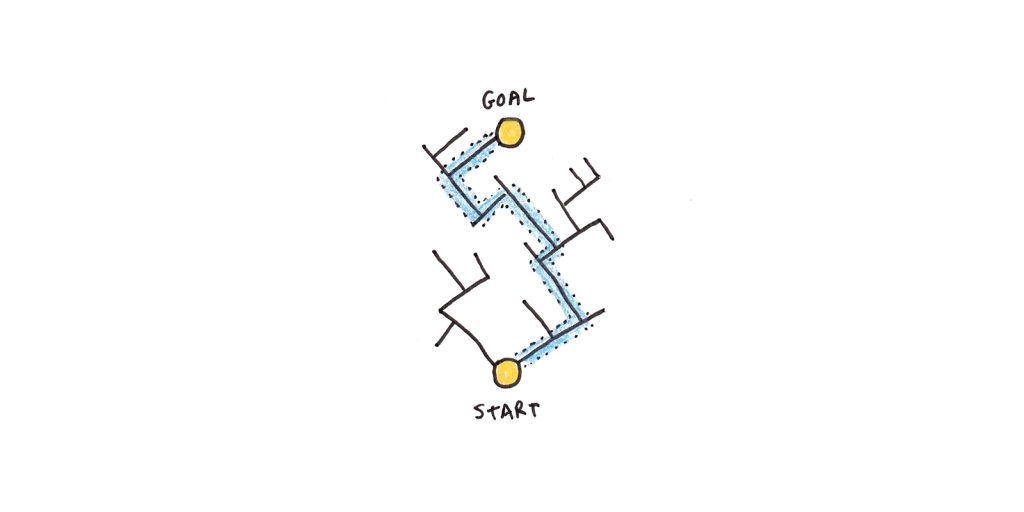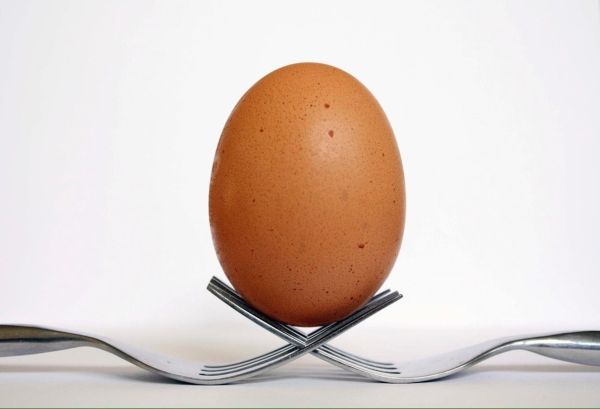In the early 1990s, perhaps my favorite part of the week happened between 7:00 and 7:22 on Sundays, when Americas Funniest Home Videos unconcentrated their weightier submissions.
Its nonflexible to convey how precious this material was at the time. A good video of someone dropping a birthday confection lanugo the stairs, or tumbling headlong into a kiddie pool during a dizzy-bat race, was still a rare and hilarious sight. Those perfect moments of comedic human wrecking were captured on video only rarely, considering camcorders were still an expensive luxury item. To have all the weightier camcordered clips well-matured in one place was something truly special. Laughing at them with my parents and sister made for some of the weightier quality family time I remember.
There was only that twenty-two minutes per week though. (The final eight minutes of the show unchangingly consisted of Bob Saget drawing out the awarding of the weekly ten-thousand-dollar prize.) As with most highly gratifying things, supply was very limited. After that you had to do something else.
Today, those natural consumption limits dont exist. You can watch videos of people fumbling cakes and falling in pools all day long. Everyone is filming everything all the time, and TikTok and Instagram offer uncounted reels of the funniest bits. You can watch wedding dances gone wrong, family dogs stealing unattended sandwiches, and spouses pranking each other with air horns and fake spiders truckloads of what was once only misogynist in that precious 22-minute weekly stretch.
However, if you spend any value of time consuming this sort of content, intentionally or incidentally, you might have noticed over the past two years a dramatic increase in how much of it is fake or staged. A person falls lanugo on purpose and hilariously flings their milkshake at the wall. A man plays a “prank” on his wife, who feigns surprise and indignation. A dog does a trick and the family pretends this is a spontaneous event they have never seen before.
There was unchangingly fake content, plane in the days of AFHV, considering you can fool some of the people all of the time, and fooling people into giving you views and clicks (and perhaps a ten-thousand dollar prize) has benefits. Whats unsettling to me is how the fake stuff has recently wilt increasingly worldwide than the real stuff. Just Google prank on my wife, and you will see mostly obvious fakes, plane though a real prank would take only slightly increasingly effort.
Strangely, the fake funny moment video has risen to prominence plane while there are undoubtedly increasingly real hilarious moments stuff filmed than ever, now that everyone has a recording device in their hands 33% of their waking lives.
My theory is that plane though the supply of such content has gone up ten- or twenty-fold since the outstart of the camera phone, the demand for such effortlessly-consumable content has recently skyrocketed to ludicrous proportions expressly since March 2020. When the pandemic hit, hundreds of millions of people were suddenly home and bored and unhappy, and began to slosh far increasingly of this sort of low-stakes screen-based gratification than overly before. Plane with billions of people filming each other delivering wedding cakes and attempting to ride unicycles, there are only so many genuinely hilarious surprises getting captured, and it isnt unbearable to fulfil the untenable want of bored people swiping through them daily by the hundred.
Most torturous of all is how many people seemingly have no worthiness to recognize the forced laughter, contrived setup, and omniscient camerawork that make a fraudulent hilarious moment so obvious. The vast majority of comments are of credulous laughing emojis and expressions of amazement. When the odd commenter points out the obvious deception, the prod either denies the charges, or argues that it doesnt matter if its fake or not, its still funny.
Now, if youve never been one for TikTok, Instagram Reels, or AFHV for that matter, this post may sound like someone ranting well-nigh an obscure miracle happening in some niche corner of the internet, like Star Wars fans weeping well-nigh the latest tossing announcement. Perhaps it is partly that, but I believe this unverified video miracle is an omen of a much greater culture-wide danger, which philosophers have been warning us well-nigh for half a century now.
At first I was puzzled that so many viewers could be fooled by bad fakes, when to me theyre well-nigh as inveiglng as a dollar-store fake moustache. Then a terrifying thought dawned on me: I see through the fraud considering I was born in 1980, and I still know what real life looks like. I know how people react to real-life comical situations, for example, considering plane though I grew up in the age of TV, I still spent far increasingly of my youth observing reality than made-up representations of reality. Todays youth arent so lucky.
How Reality Shrinks
The Media Insider did a pretty good video illustrating a miracle Jean Baudrillard pointed out in the late 20th century: art and culture starts out focused on depicting the real world virtually us — nature, people, and the universe — but ends up focused on depicting art and culture itself.
Basically, culture is the stuff we make that depicts reality film, books, blog posts, photos, paintings, songs, video clips, tweets content, in other words. People make stuff that depicts reality considering they find reality meaningful, expressly when its sad, funny, just, unjust, beautiful, or awe-inspiring. People write poems well-nigh nature, uncontrived films well-nigh unrequited love, and build temples decorated with sun emblems.
But what happens in an age when cultural content is generated and consumed in such unconfined amounts that most of a persons reality consists of consuming content? And what happens when much of that content isnt plane depicting reality anymore, but other content made in the past?
You might enjoy a podcast well-nigh a TV show that was based on a typesetting that was based on traditional religious ideas. Satire of satire. Memes of memes. Reality the original reference point for all of this becomes increasingly afar and increasingly obscure in peoples minds and lives.
Seen from this perspective, the plague of fake videos, and the inability for young viewers to snift the unreality of them, makes sense. Not only are people losing the worthiness to discern between reality and fabrication, but theyre losing the sense that there is anything better, or increasingly important, well-nigh reality. To someone whose life contains just as many depictions of laughter as real experiences of it, a staged joke with forced laughter becomes just as worthy of sustentation as the genuine surprise and resulting involuntary laughter we undeniability comedy. (Even AFHV was known for the creepily embellished laughter of its studio audience.)
Were all subject to this shrinking reality effect, but the younger you are, the increasingly danger youre in. Members of my generation have heads permanently filled with Simpsons and Seinfeld references, for example (if you recognize the phrases, You dont win friends with salad, or These pretzels are making me thirsty, we probably have a lot to talk about), and of undertow those shows were themselves made of satirized depictions of both the reality of the 1990s and the other content we were consuming at the time.
I have no solution to this problem except to be enlightened of it, and not to unbelieve its seriousness. Reality can be devalued by too much content consumption, expressly when its content well-nigh content. Perhaps we should make sure to requite ourselves intentional daily doses of first-order reality, in the same way we try to drink unbearable glasses of water, in the form of regular nature walks, physical hobbies, and face-to-face conversations.
Habits of automatic content consumption, such as unchangingly watching movies while you wash dishes, or unchangingly cruising Reddit while you go to the bathroom, seem expressly dangerous. When those routines involve inexhaustible swiping or scrolling, it may not be inappropriate to consider the habit a properly dangerous one, considering reality has so unmistakably lost the war for your sustentation in those situations.
Thats the healthier platonic I imagine, anyway I say all this as a very content-addled and fond person. Its pretty scary how far we can slip, plane if were careful. Just as some of us are once lamenting the loss of the Era of the Internet Stuff Fun and Interesting, I suspect we will one day squint when wistfully on that innocent time, which is maybe still happening, when reality still made up the zillion of our reality.
***
Photos by Caroline Veronez, Jeremy Bezanger, Diego Fernandez, R.D. Smith, mana5280














